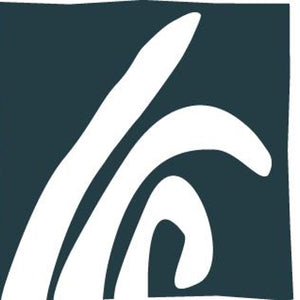
Namati: Building a global army of community paralegals to tackle injustice
Community paralegals are working to ensure that the law is not an abstraction or a threat, but rather something that all people can understand, use, and shape.
The Problem
Law is supposed to be the difference between a society ruled by the most powerful and one that honors the dignity of everyone, strong or weak. But for most people- the UN estimates 4 billion worldwide- the law is out of reach. These people can be driven from their lands, intimidated by violence, and excluded from society.
We won’t expand opportunity if poor people can’t exercise their rights. We won’t avert environmental collapse if the people most affected by pollution don’t have a say in what happens to the land. And we won’t overcome the despair that authoritarian politicians prey upon if our systems are rigged. Legal empowerment is essential to overcoming all the great challenges of our times.
We won’t succeed in expanding opportunity or reducing poverty if poor people can’t exercise their rights. We won’t avert environmental collapse if the people most affected by pollution don’t have a say in what happens to the land and water. And we won’t overcome the despair that authoritarian politicians prey upon if our systems are rigged.
But legal empowerment has been largely ignored, in poor countries and rich countries alike. This is partially because conventional lawyer-based approaches are expensive and impractical. It’s also because, unlike healthcare or education, legal empowerment is about holding the powerful accountable, so the powerful have not been keen to support it.
The Solution
Community paralegals—sometimes called barefoot lawyers-- can put the power of law in the hands of people. These paralegals demystify law –break it down into simple terms – and they help people find practical solutions to injustice.
Namati is the first and only global organization dedicated to legal empowerment and community paralegals. Since our founding in 2011 we have demonstrated how paralegals can advance justice in four areas—citizenship rights, the right to health, and land and environmental justice-- and we have convened a global network dedicated to legal empowerment.
We have an opportunity in the coming years to do radically more. In five countries where we have built a strong foundation, paralegals have the potential to transform systems. In Kenya today, for example, 5 million people are subject to a discriminatory vetting process when trying to obtain national ID cards. Without an ID, it’s impossible to apply for a job or exercise basic rights.
Paralegals from communities facing discrimination can help thousands of people to obtain ID cards, and use data from those individual cases to prove that vetting is unconstitutional. This would be a historic change for Kenya: it would replace a Jim Crow system with one that treats all Kenyans equally.
Globally, we can grow a powerful movement for legal empowerment, fostering collaboration in every region, supporting some of the best groups in the world to deepen their work, and generating the most robust comparative learning on legal empowerment in history.
Stage of Development
- Early Stage
- Established Prototype
- Scaling
- Other
Organization to Receive Funds
Namati is a global organization dedicated to legal empowerment. In all five countries where we are now aiming for transformative impact, we have proven that paralegals and communities can successfully secure remedies to injustice. In Kenya last year, a team of 25 paralegals helped over 2000 people from discriminated communities obtain identity documents. In India, a team of 17 paralegals supported affected communities to secure enforcement against 32 violations of environmental law.
We have also proven that we can translate the lessons of grassroots casework into systemic changes, including smarter mineral handling guidelines in Gujarat, India, and a new anti-bribery...





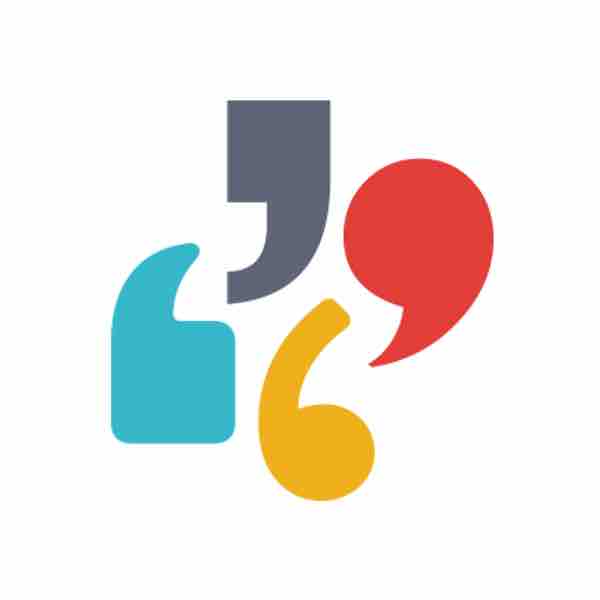
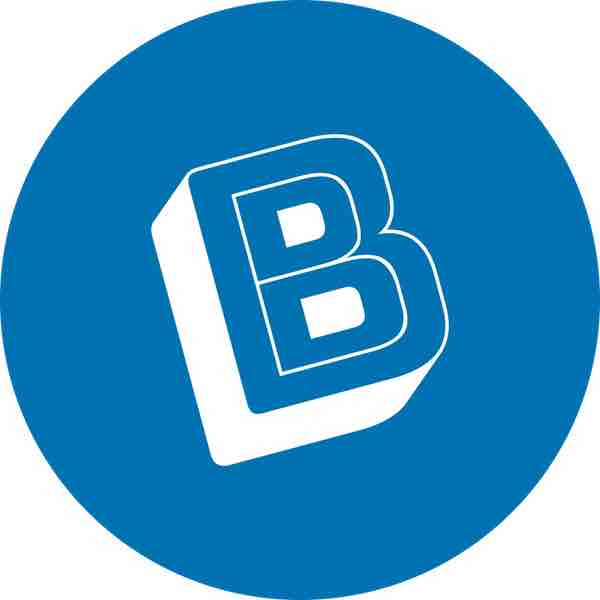
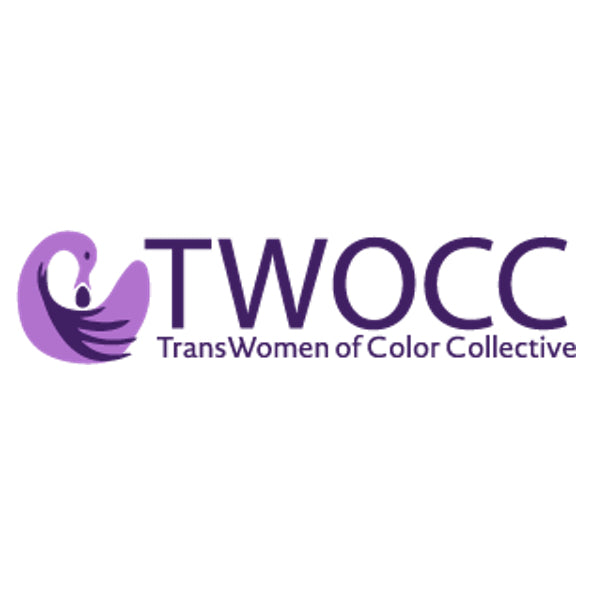
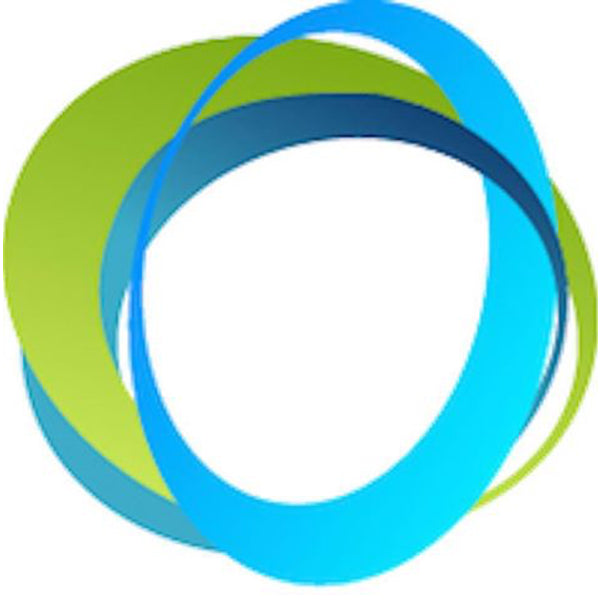
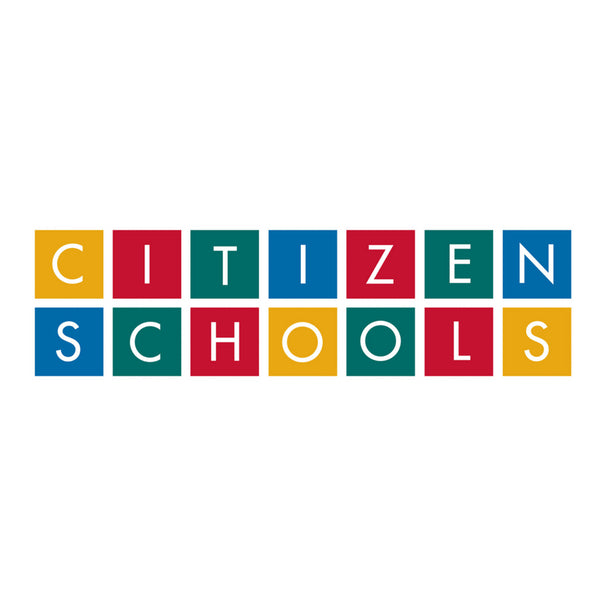
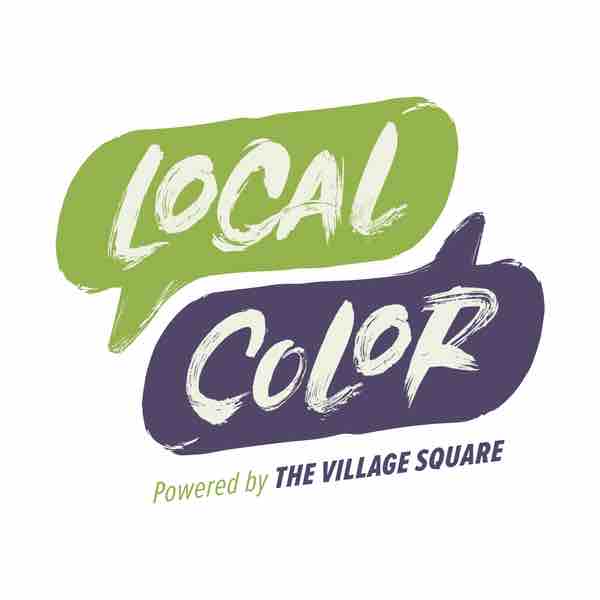
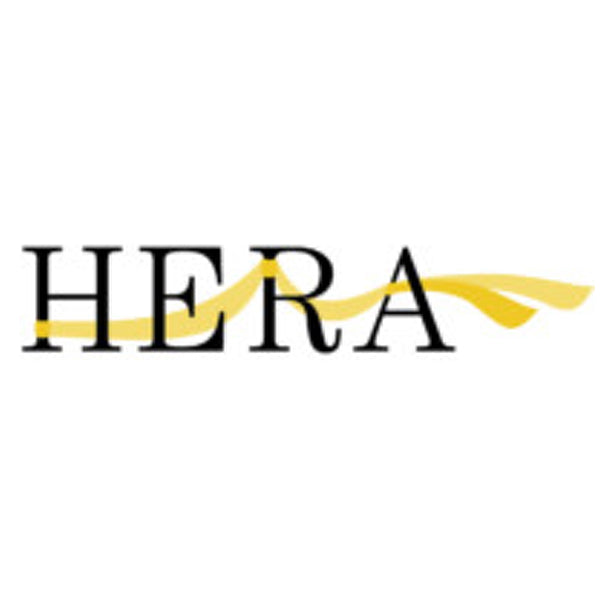
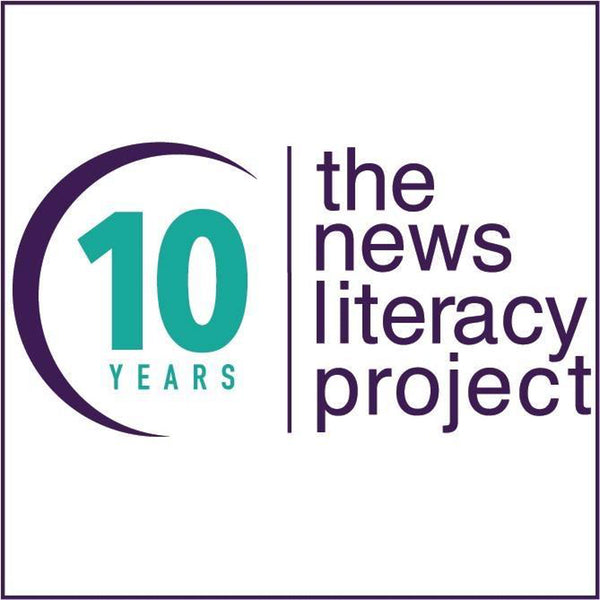
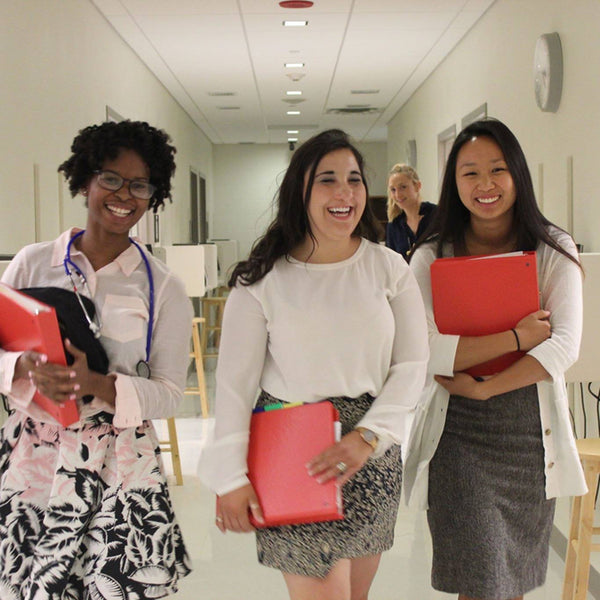
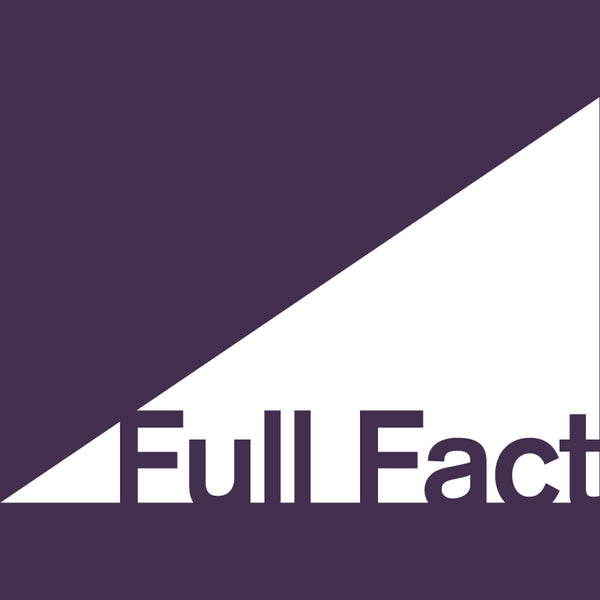
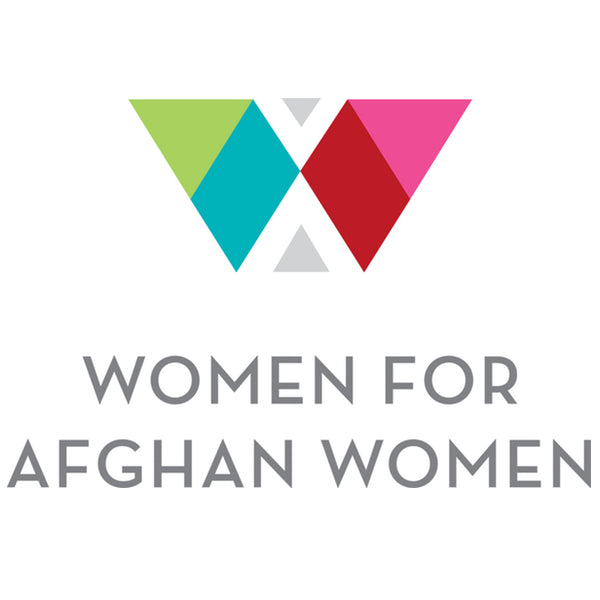
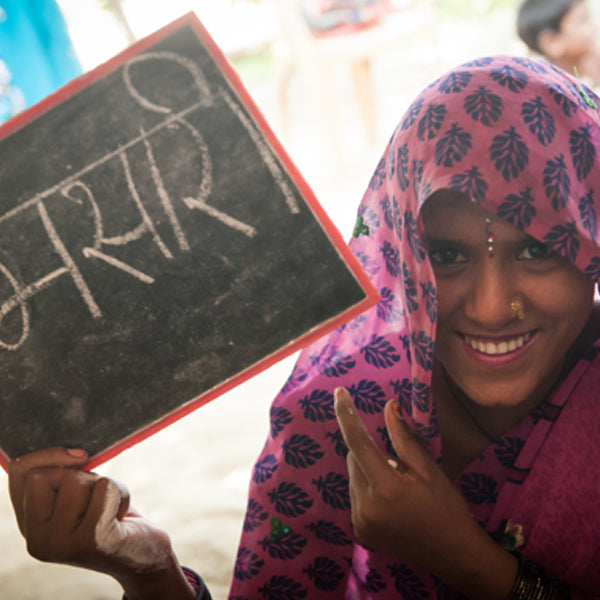
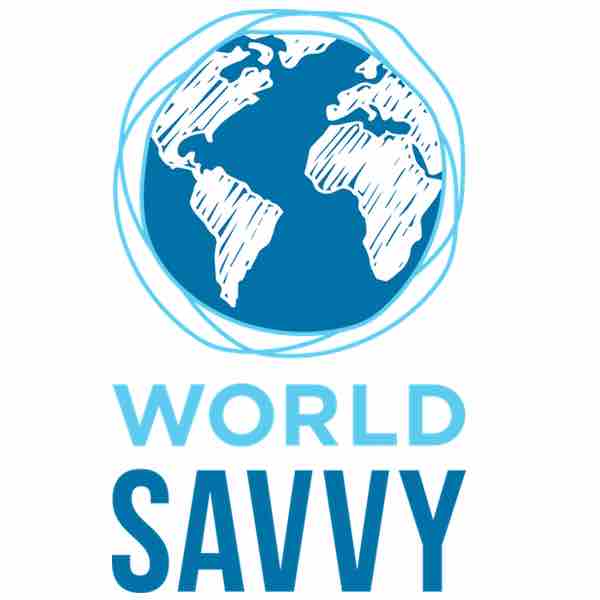
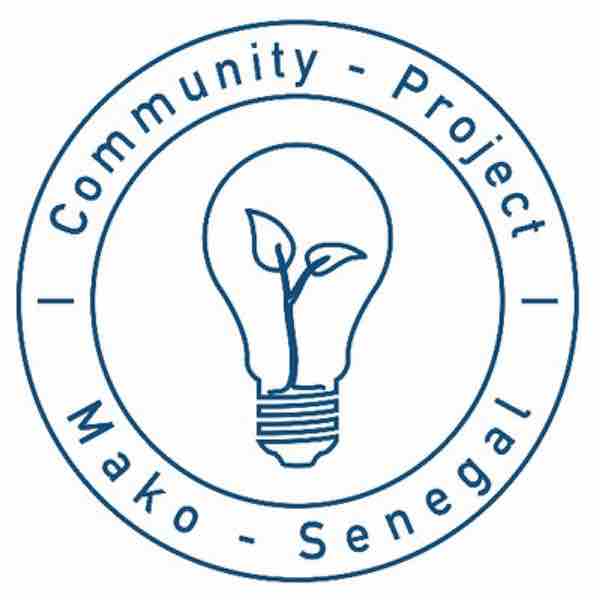
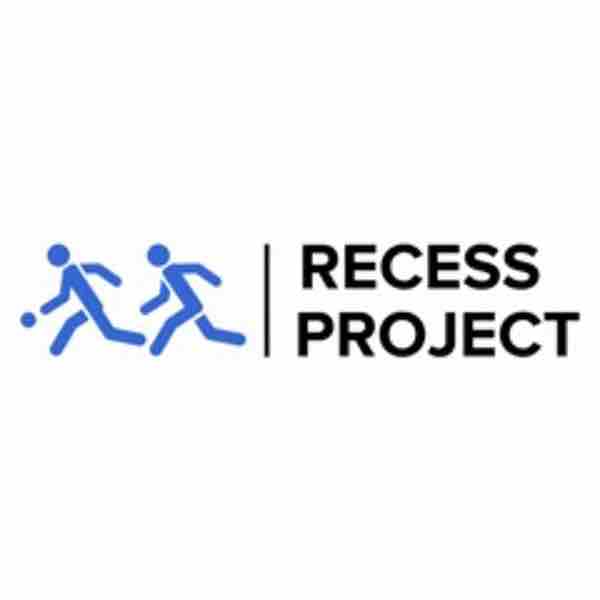
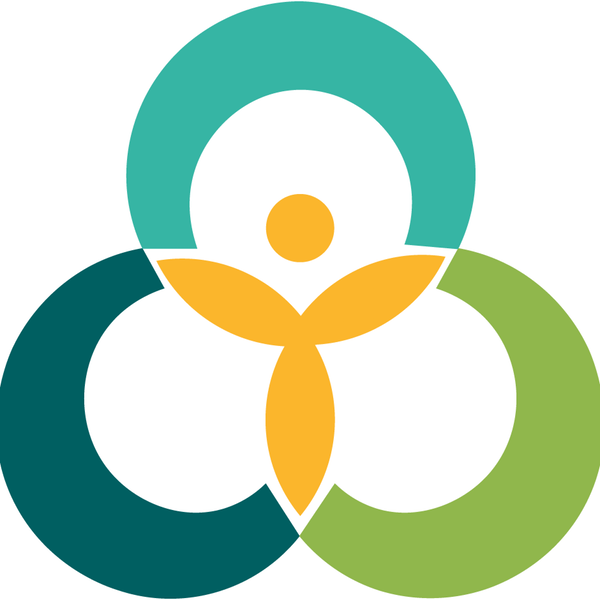
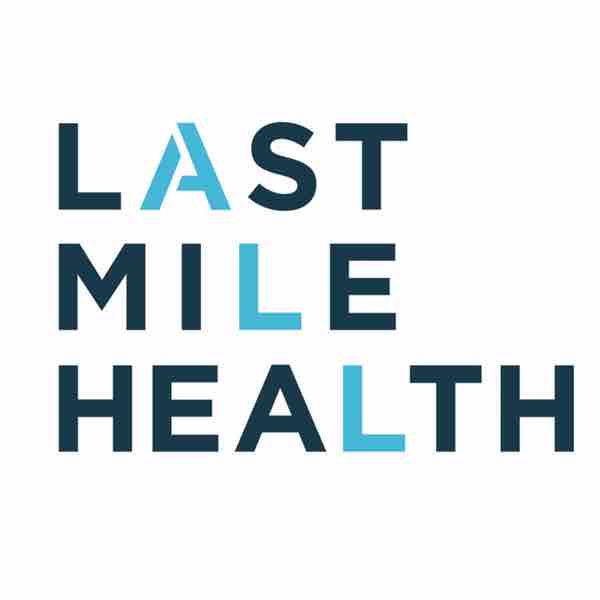
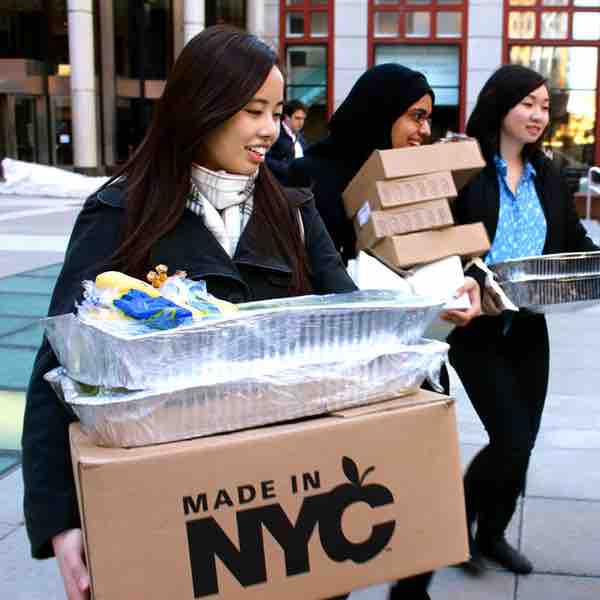
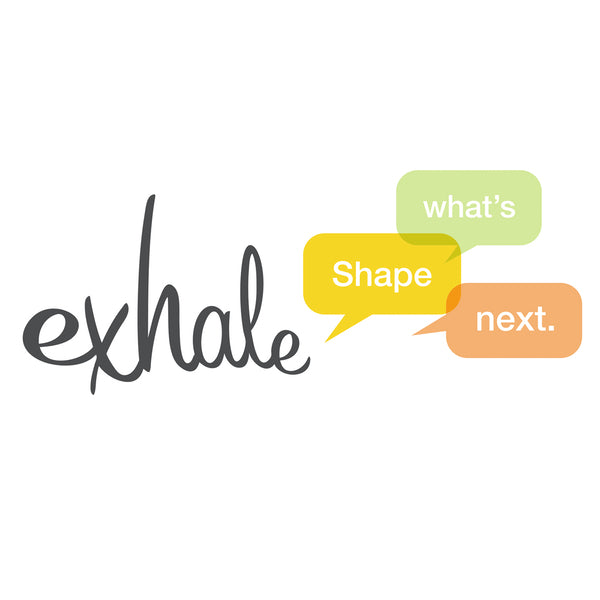
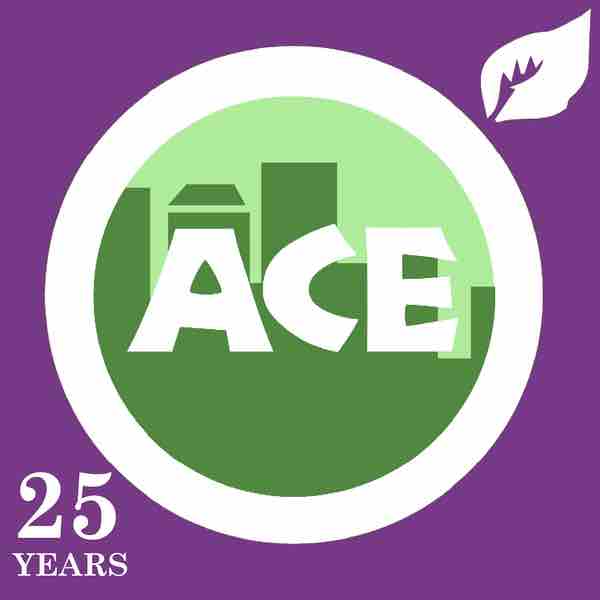
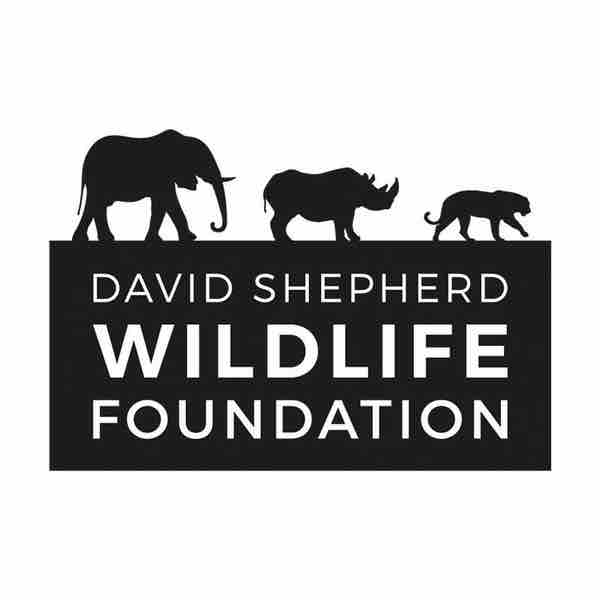
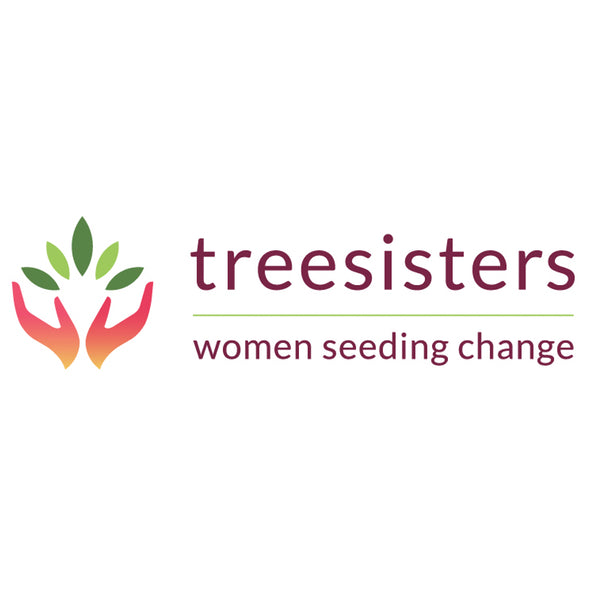
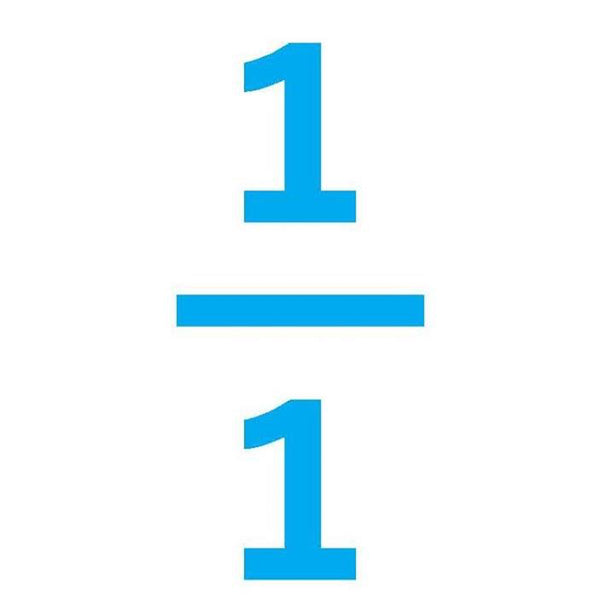
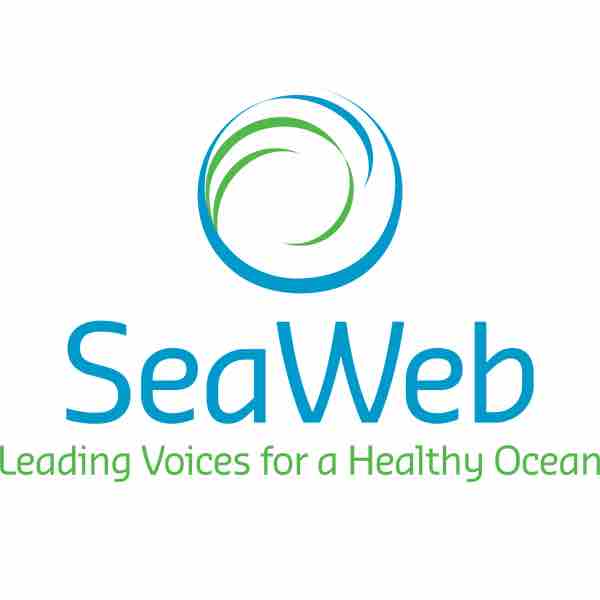
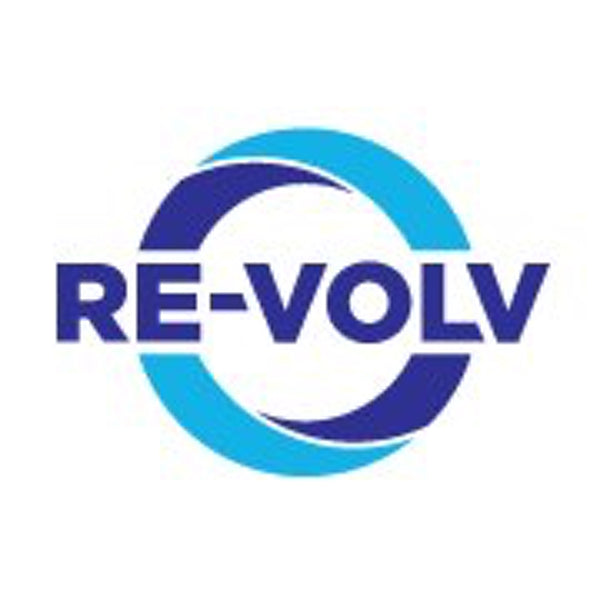
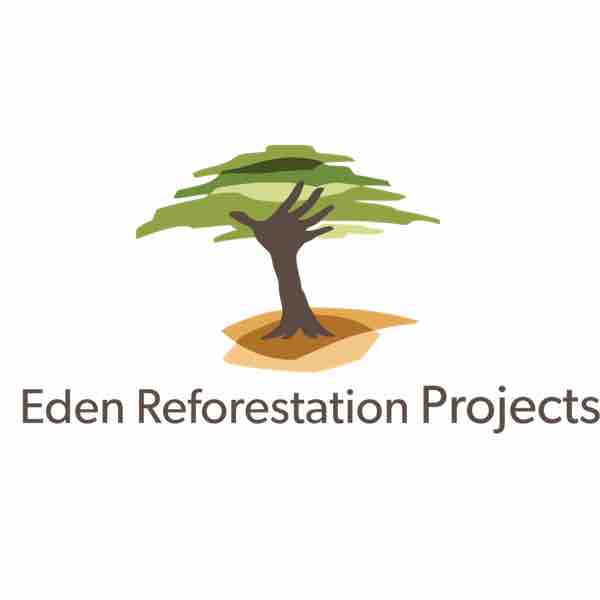

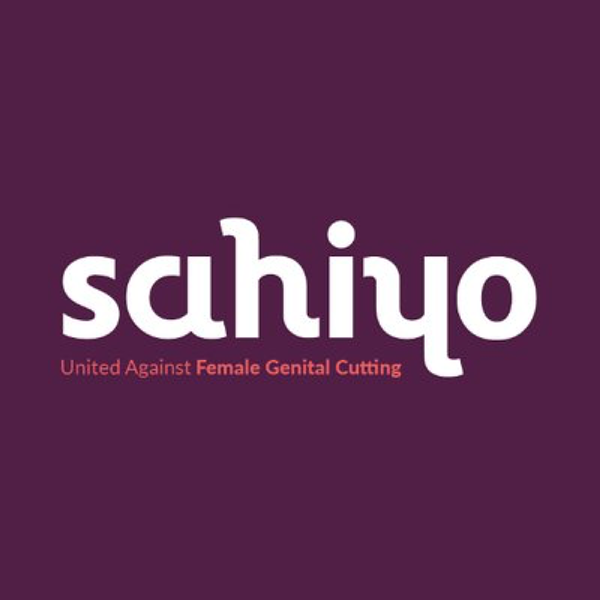
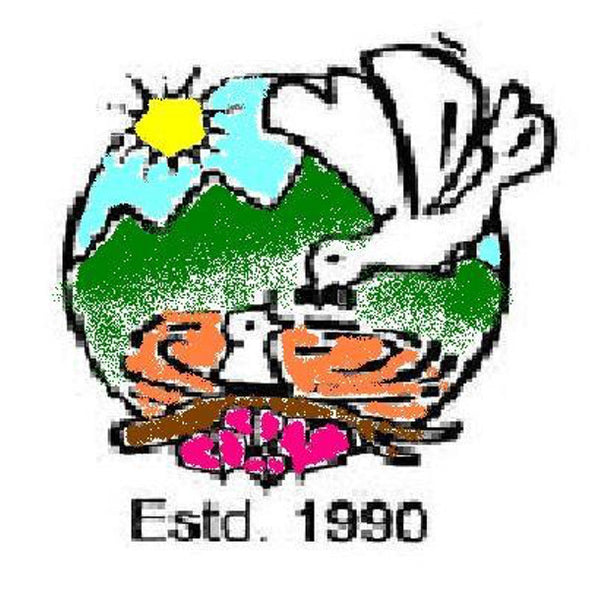
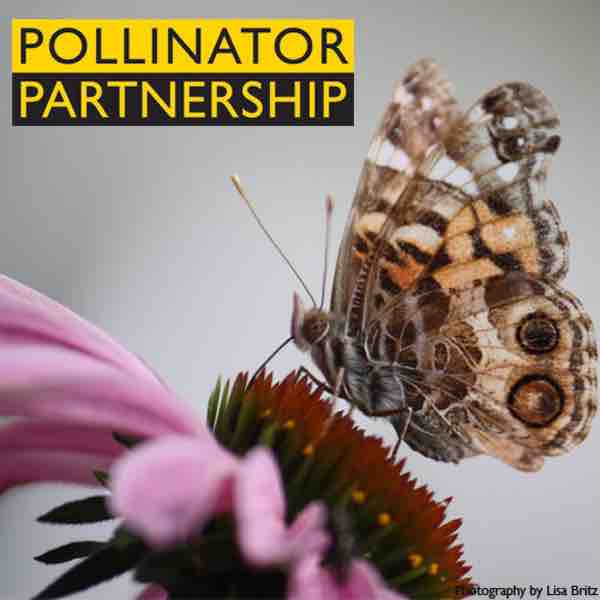
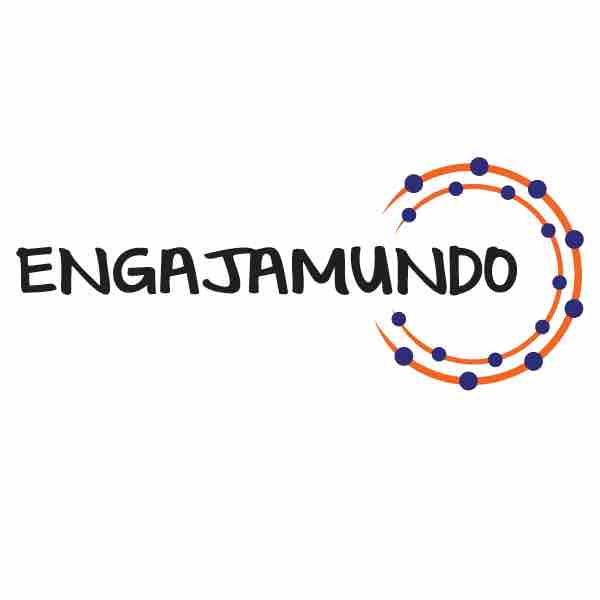
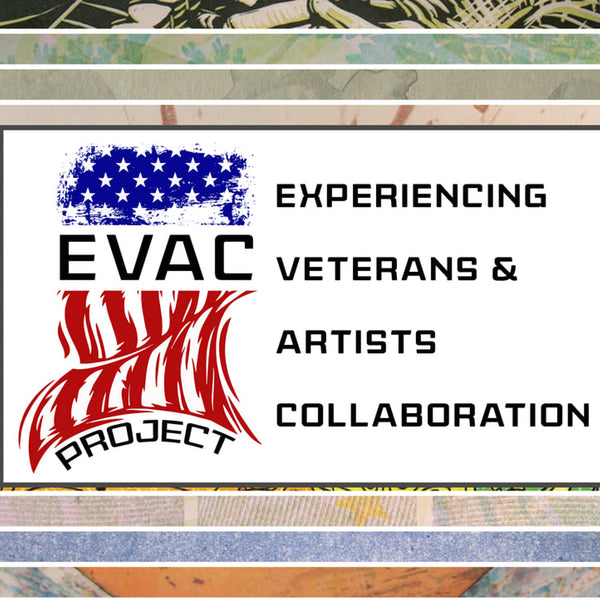
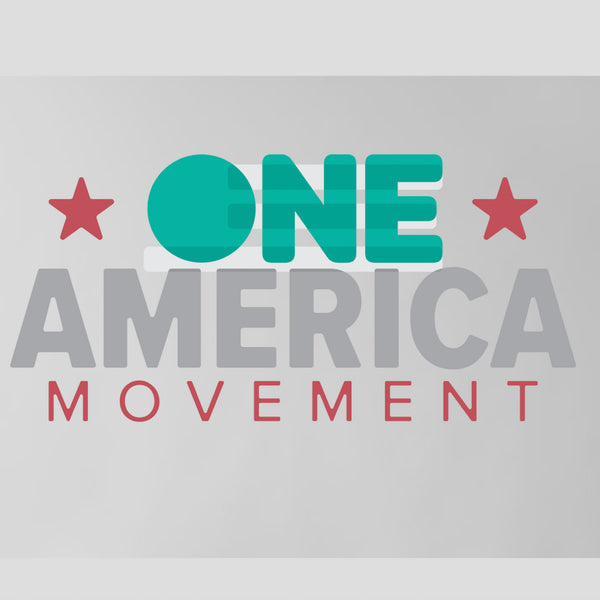
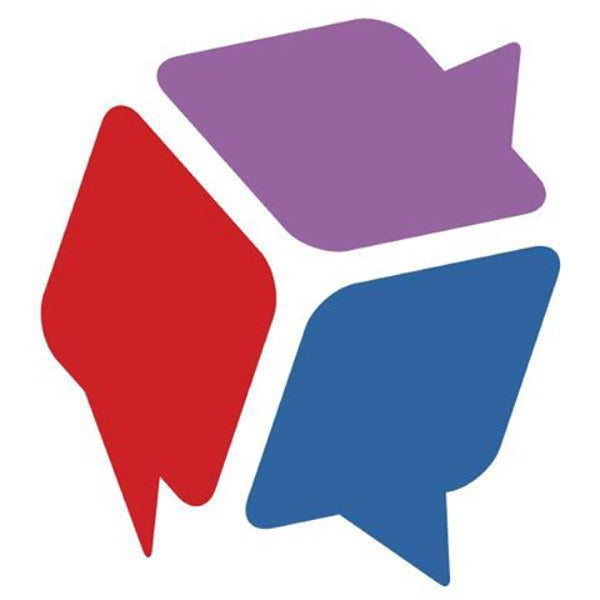
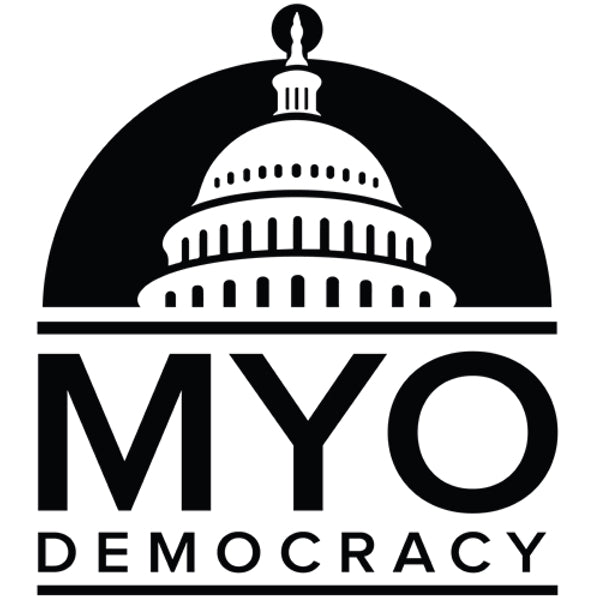
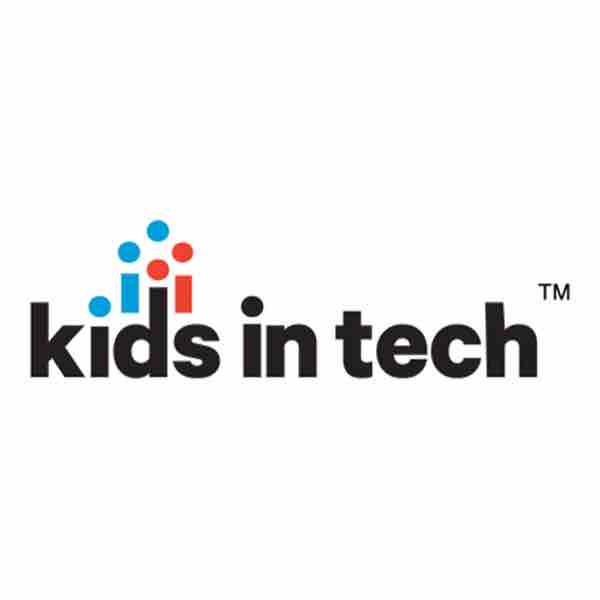


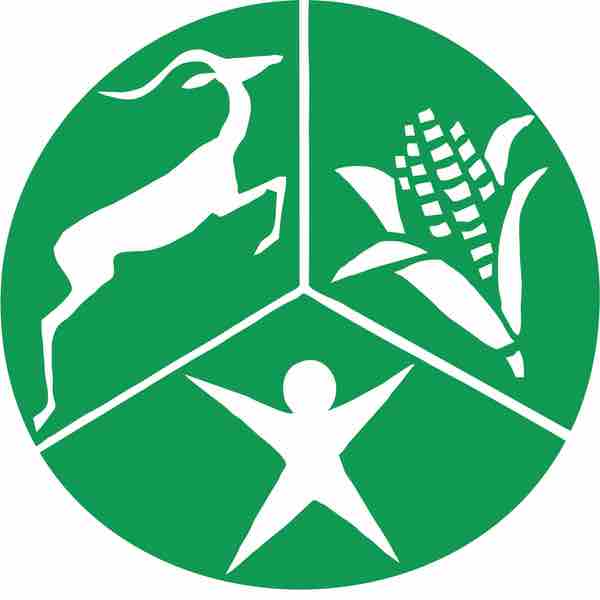


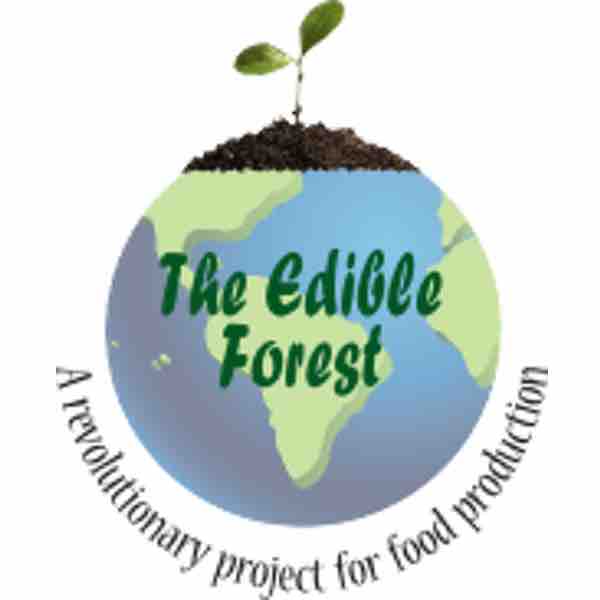
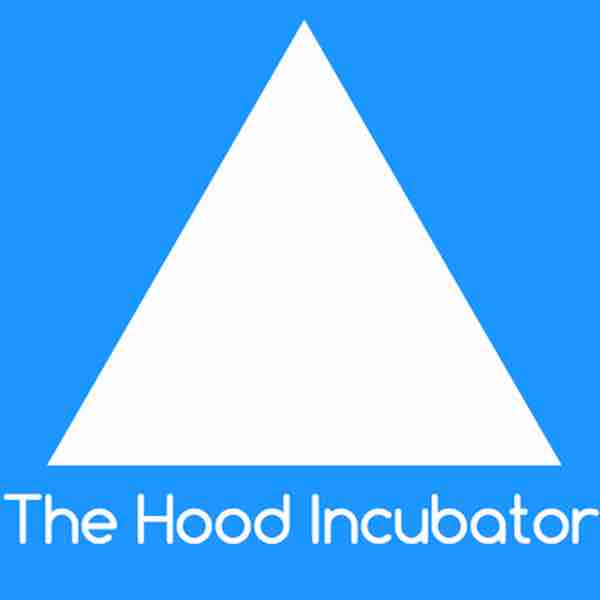
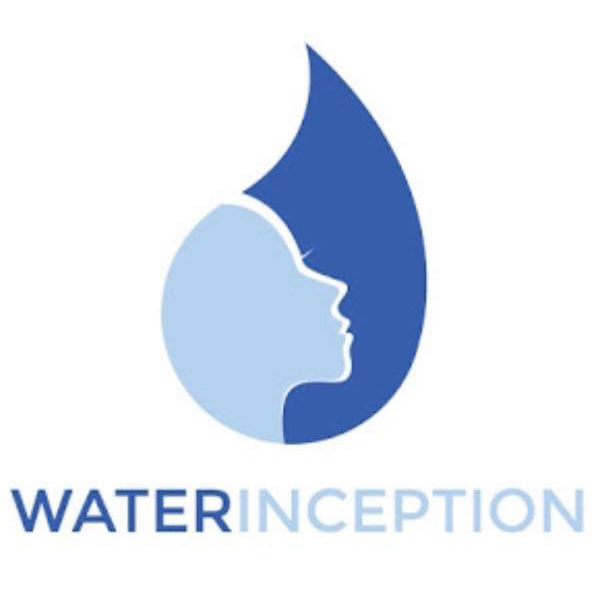

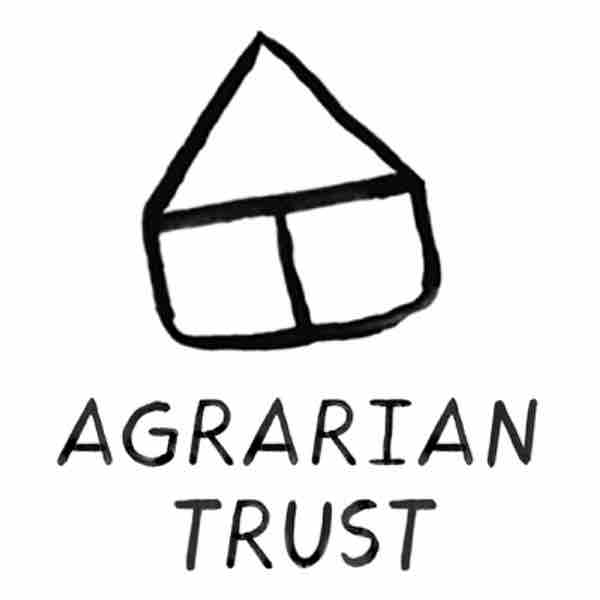
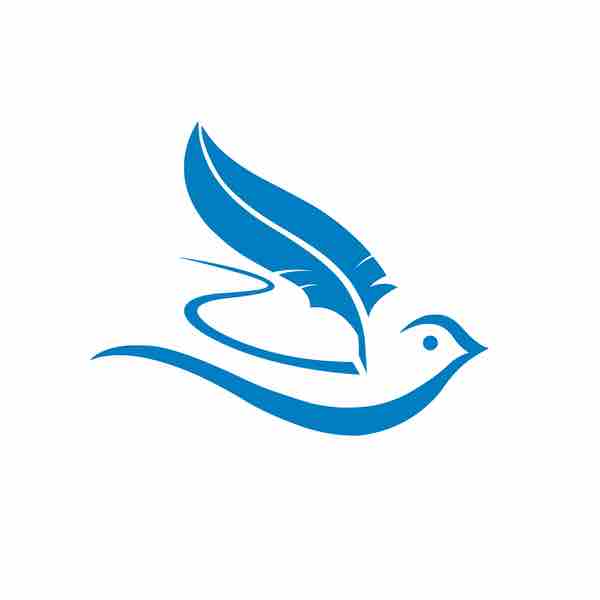
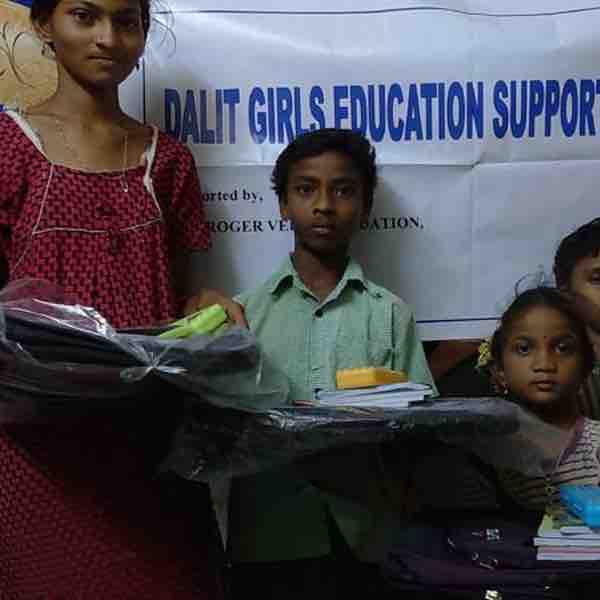
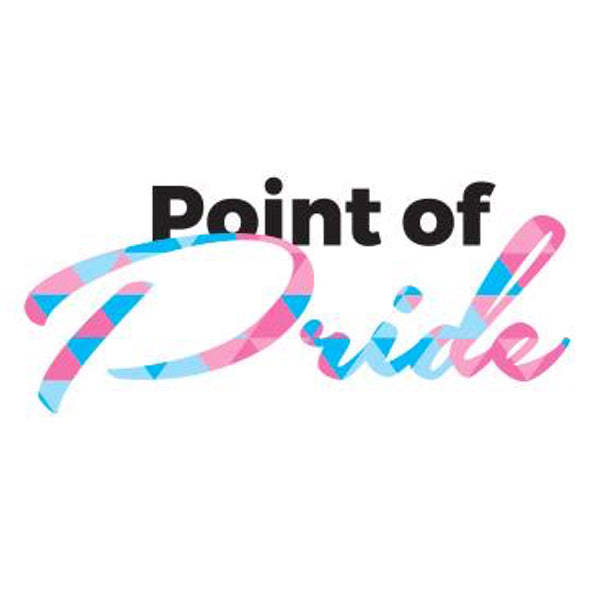
Join The Discussion